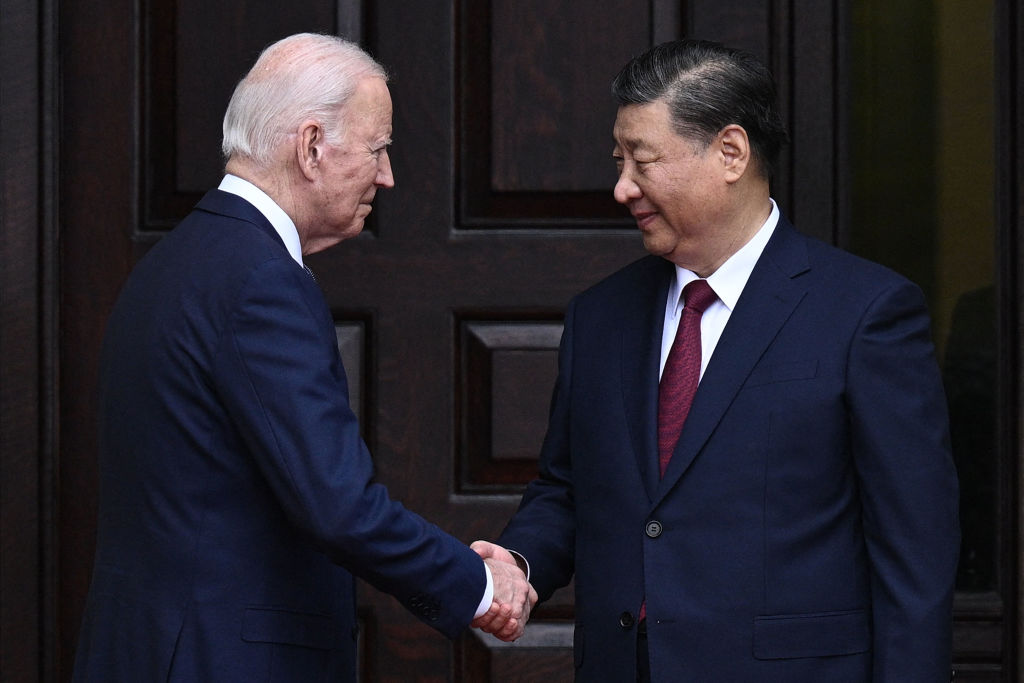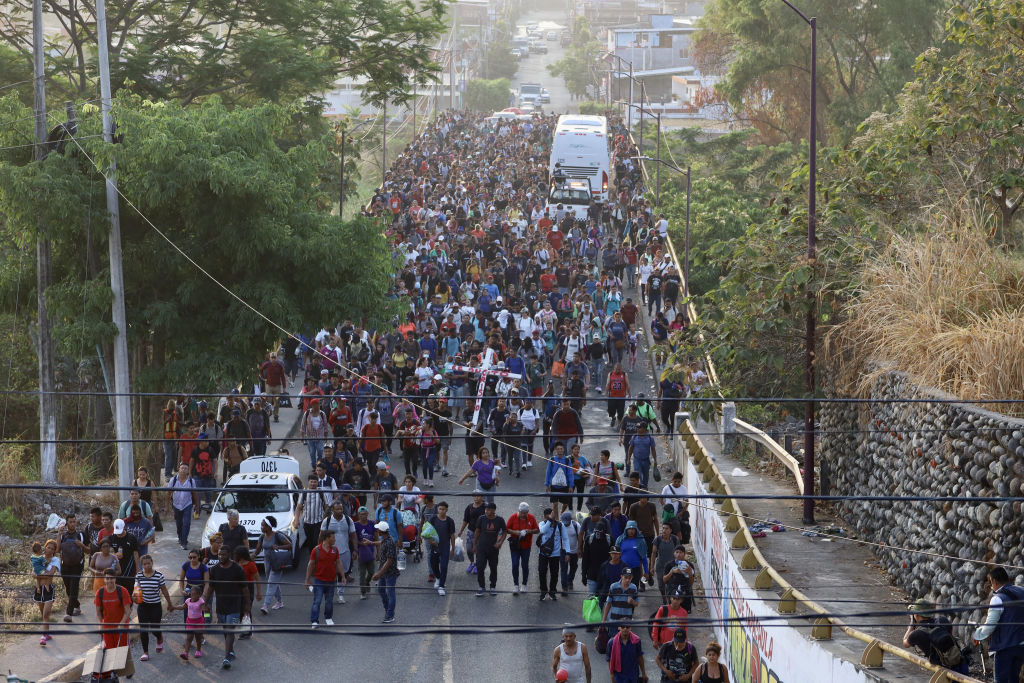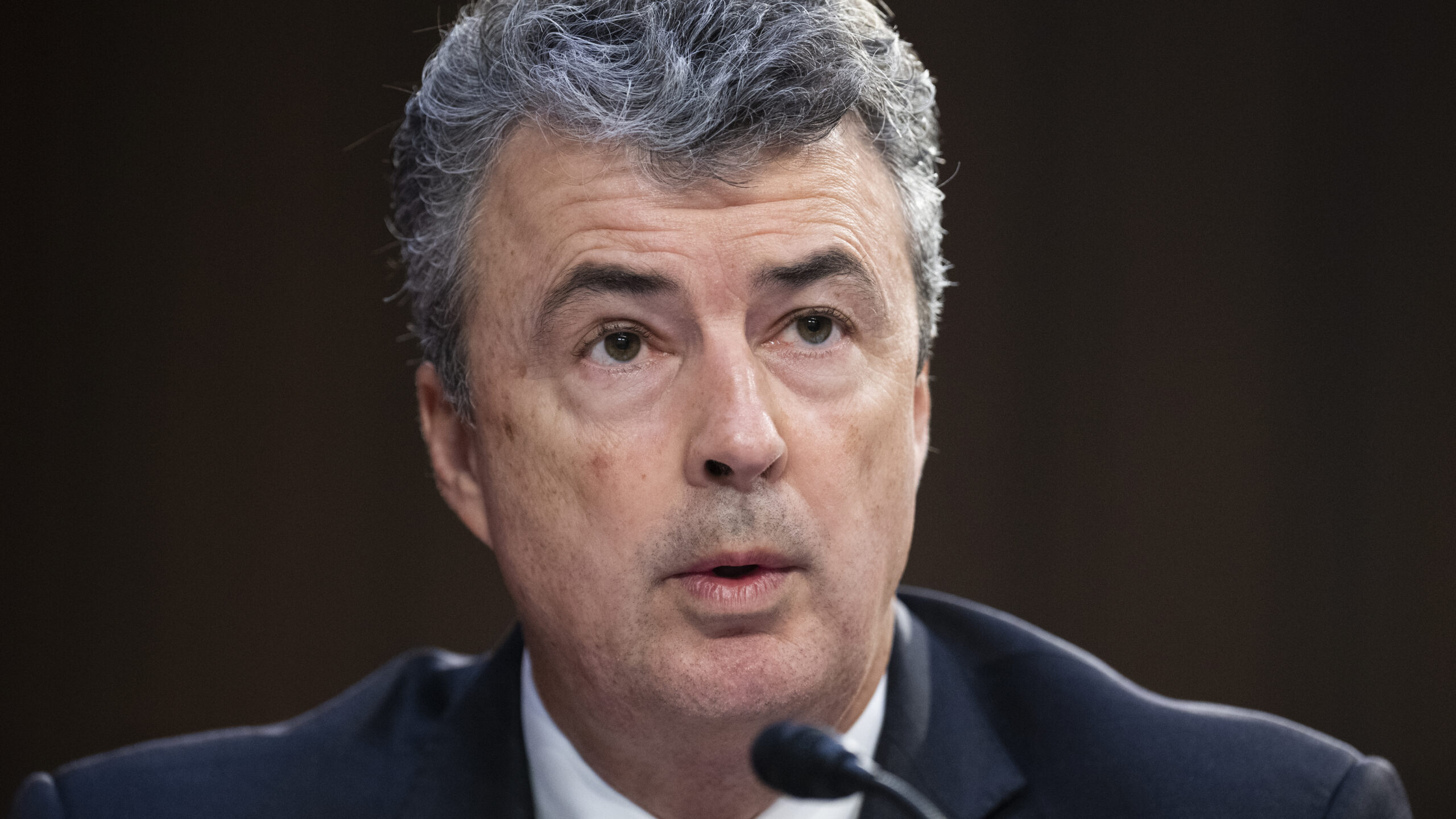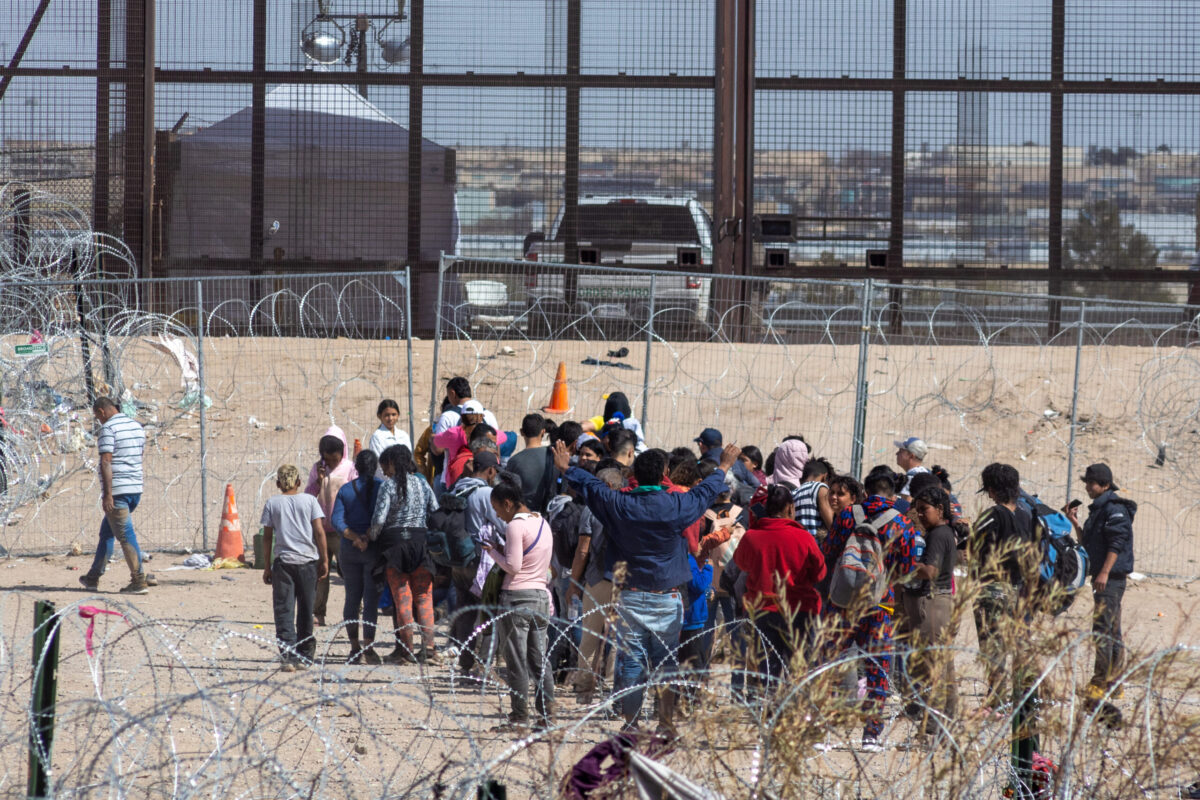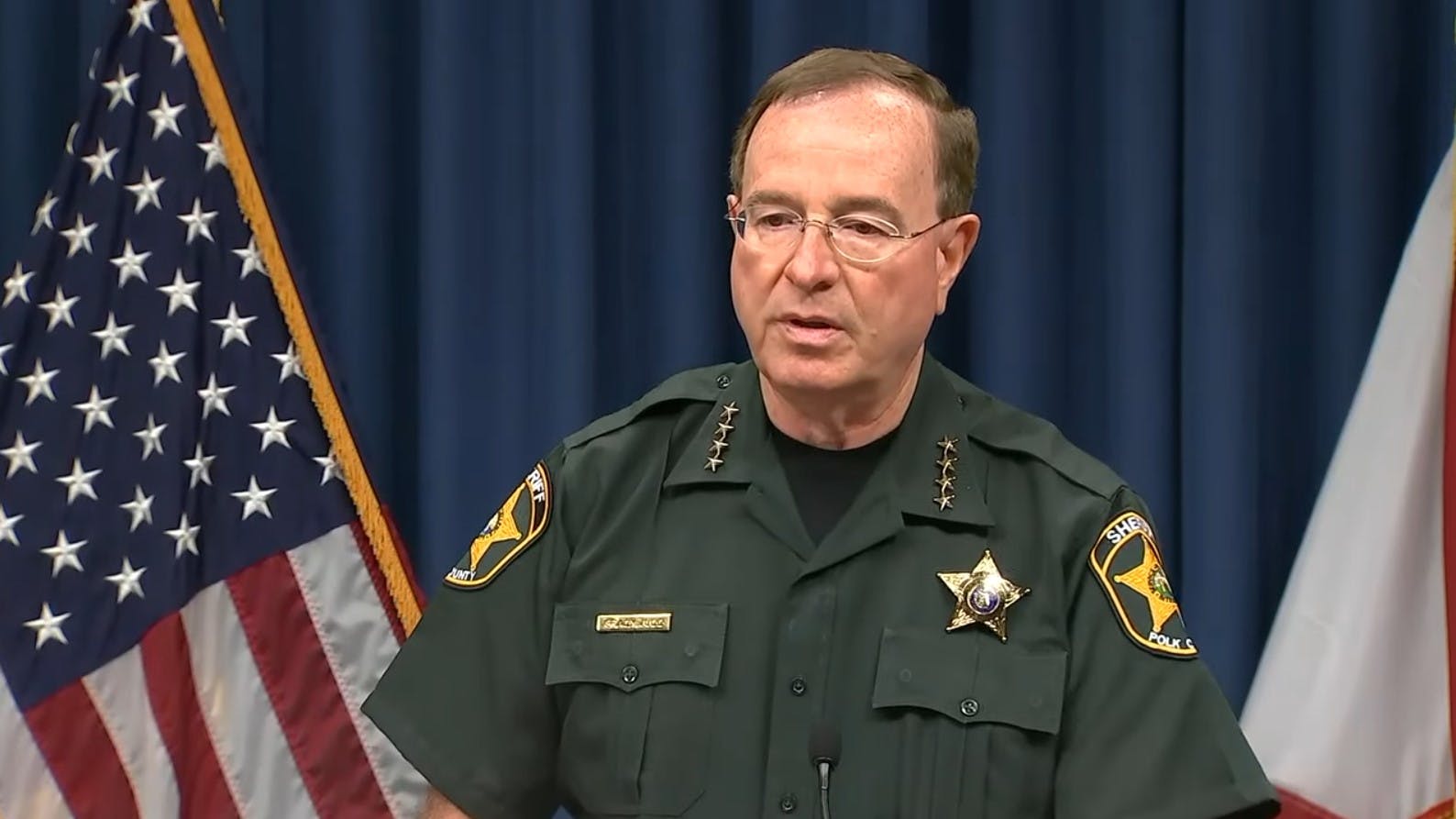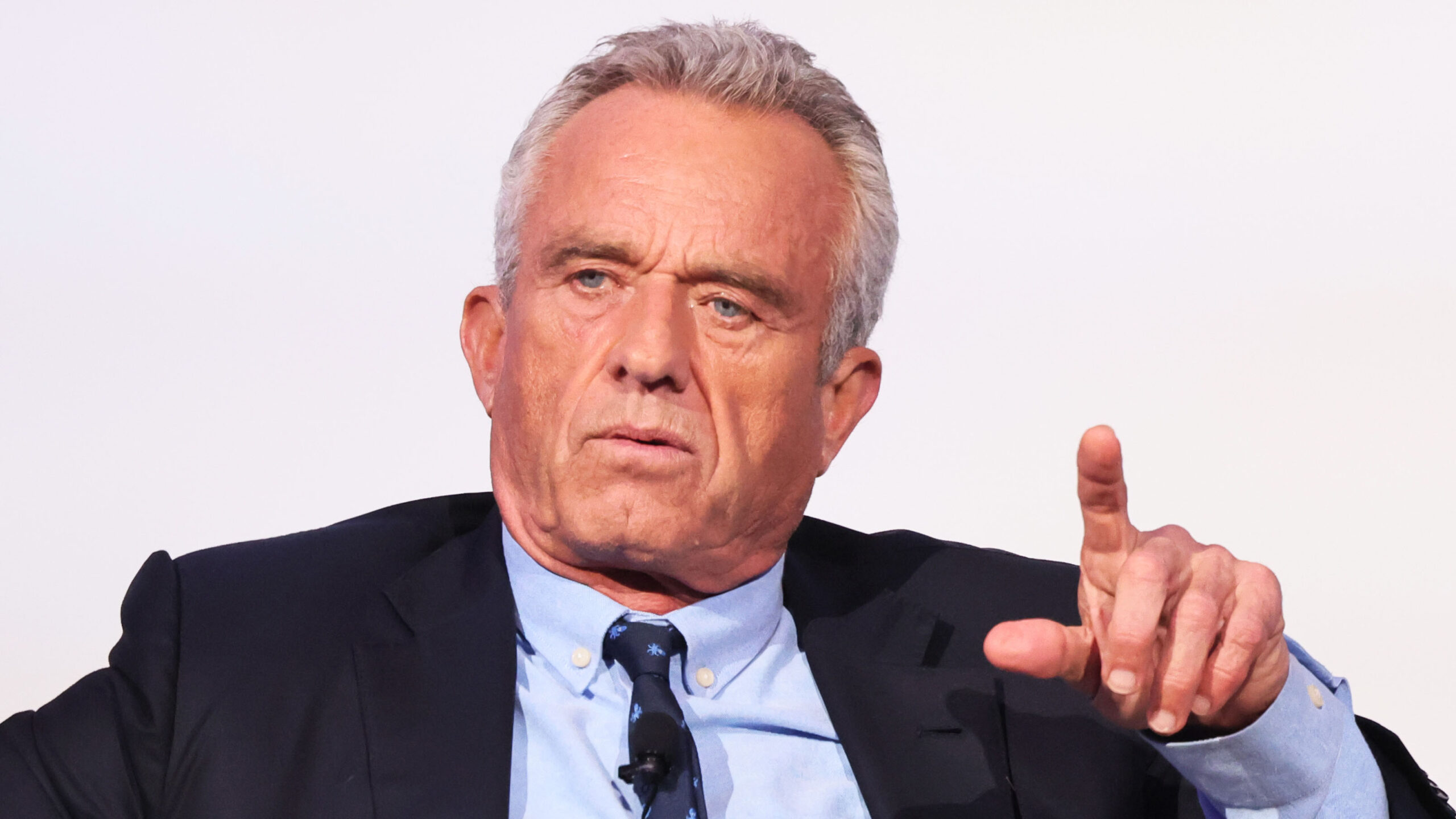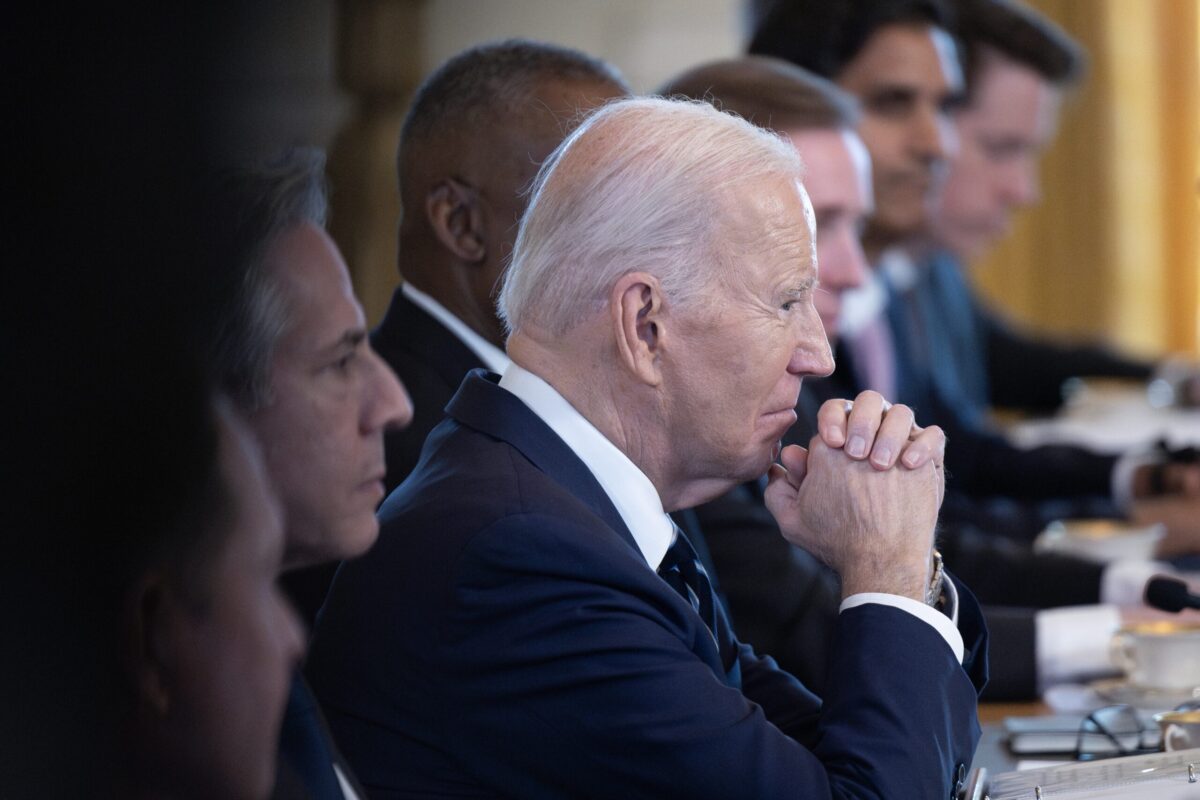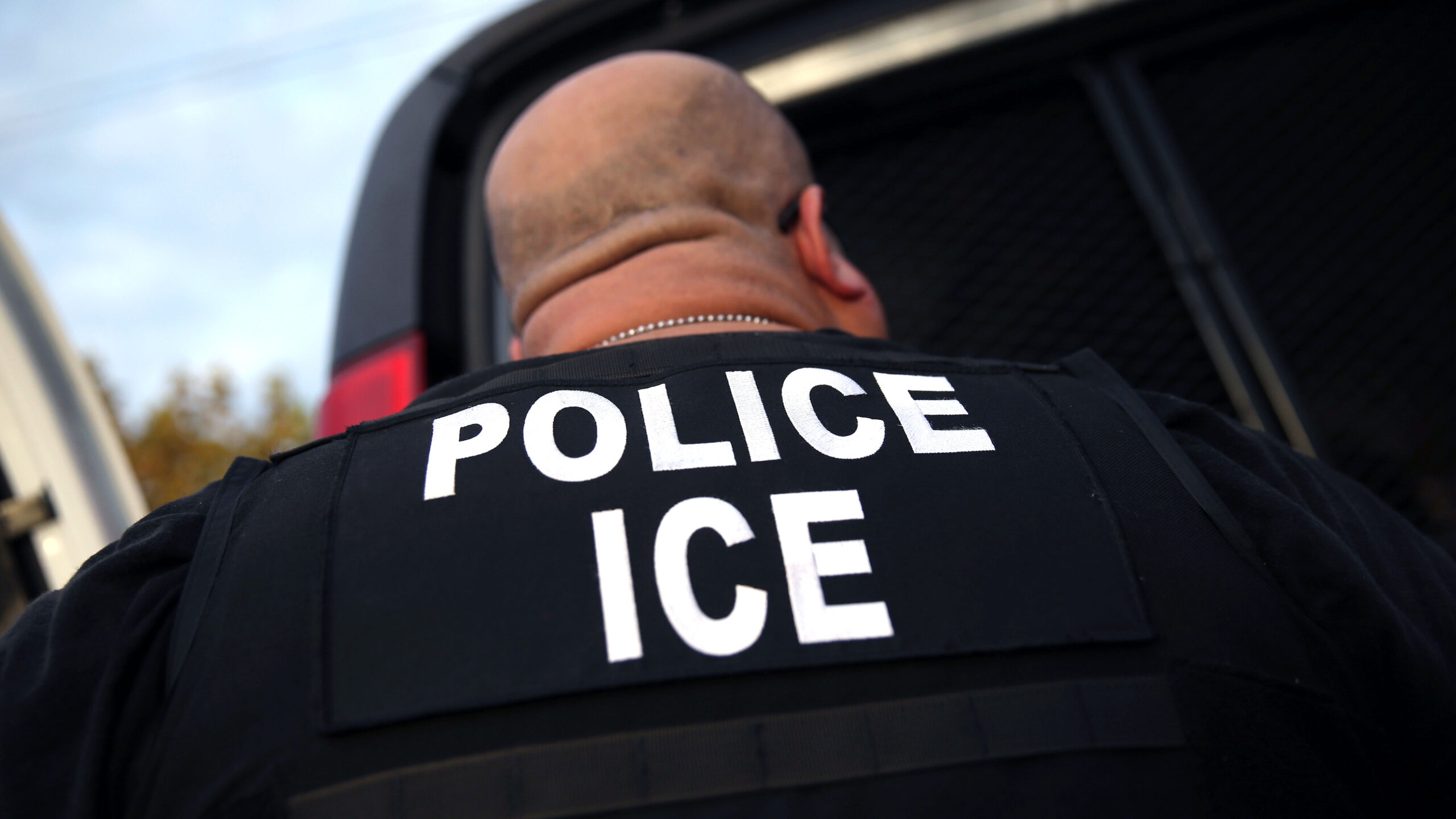
www.dailywire.com
As Chinese-Backed Fentanyl Infiltrates America‚ Xi Tells Biden Not To ‘Provoke Troubles’
On Tuesday‚ Chinese President Xi Jinping — whose country has been accused of stoking the fentanyl trade with Mexican drug cartels that has killed tens of thousands of Americans — reportedly told President Biden that their two nations “should prioritize stability‚ not provoke troubles‚ not cross lines but maintain the overall stability of China-U.S. relations.”
The White House called the phone call between the two leaders “candid and constructive‚” according to the Associated Press‚ which added‚ “Xi told Biden that the two countries should adhere to the bottom line of ‘no clash‚ no confrontation’ as one of the principles for this year.”
Next month‚ Taiwan will inaugurate Lai Ching-te as its president. He has promised to protect Taiwan’s independence from Communist China. Biden reportedly told Xi that he supported the United States “One China” policy. According to the U.S. State Department‚ the policy means that the U.S. opposes “any unilateral changes to the status quo from either side‚” but does not support Taiwan’s independence and expects cross-Strait differences to be resolved by peaceful means.
Xi threatened that Taiwan remains the “first red line not to be crossed” and Beijing wouldn’t tolerate any actions from Taiwanese independence supporters‚ AP reported.
According to investigative journalist and author Peter Schweizer‚ China is the main driver behind fentanyl being smuggled into the United States by Mexican drug cartels.
Schweizer‚ author of “Blood Money: Why the Powerful Turn a Blind Eye While China Kills Americans‚” discussed the crisis on “Fentanyl: America’s Silent Epidemic‚” part of a DailyWire+ series by Editor Emeritus Ben Shapiro on The Divided States of Biden. The author said the fentanyl trade that contributes to tens of thousands of American deaths every year begins in China.
“They’re the senior partner. The drug cartels are really the junior partner in the fentanyl trade‚” Schweizer told Shapiro‚ speaking of the Chinese regime led by President Xi Jinping.
Ninety percent of fentanyl precursor chemicals shipped from China to Mexico arrive via Mexico’s Port of Manzanillo. The port is run by a Chinese company‚ according to Schweizer. From the port‚ the chemicals are taken to a town in northern Mexico close to the U.S. border. About 2‚000 Chinese workers work in cartel labs to craft the precursor chemicals into fentanyl and then the fentanyl into pills resembling common drugs such as Vicodin or Adderall.
CLICK HERE TO GET THE DAILYWIRE+ APP
Money from the drug trade is then laundered through the Chinese financial system.
Tim Pearce contributed to this article.
Related: China Is The ‘Senior Partner’ Directing The Fentanyl Crisis Killing Americans‚ Author Peter Schweizer Says
